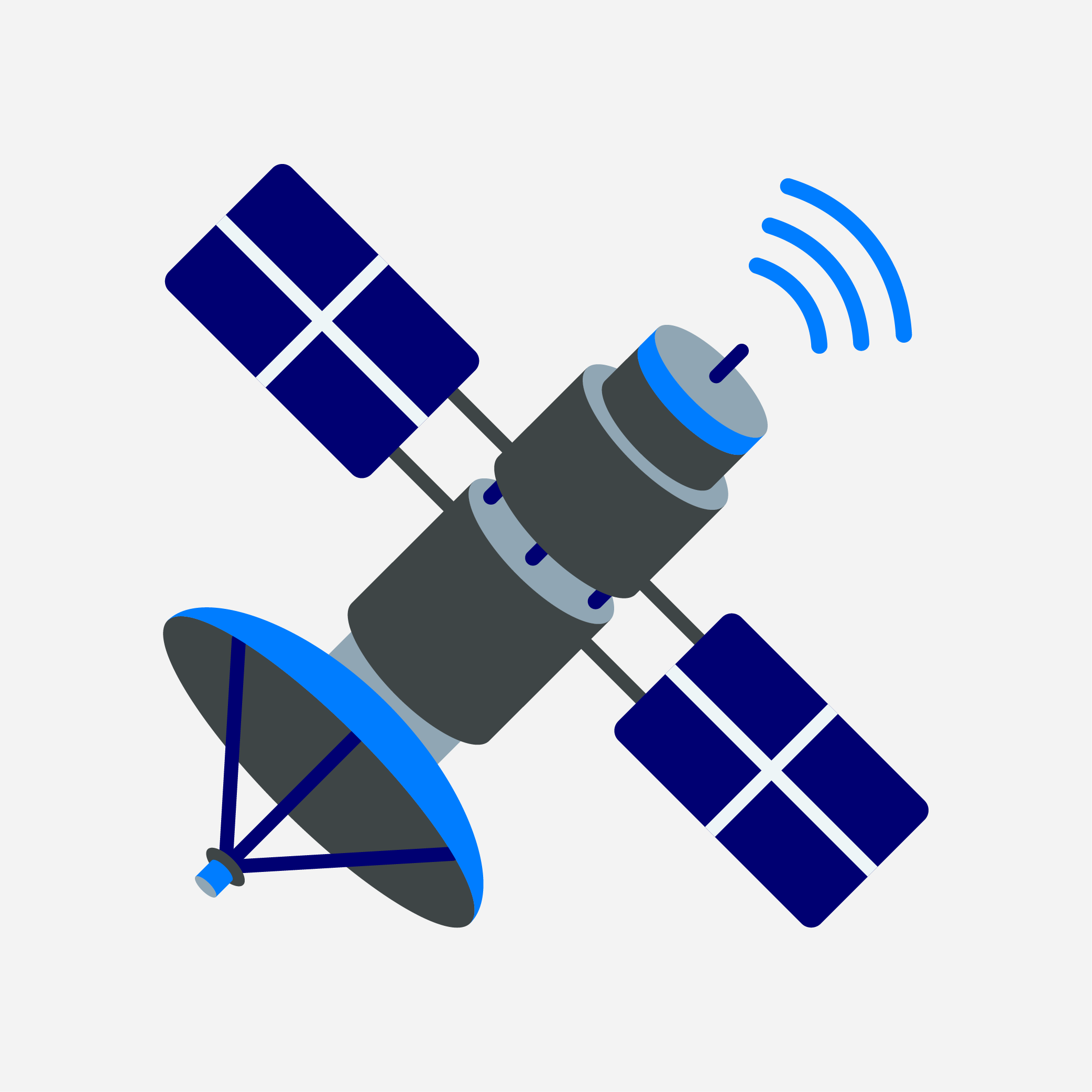Chapter 3: Gravitation
What you need to learn in this chapter

In this chapter, we will be learning about gravitation. We will start by understanding Newton's Universal Law of Gravitation, which explains how objects attract each other. We will learn how to solve problems involving this law, such as calculating the gravitational force between two static objects on Earth or between Earth and satellites.
Next, we will study Kepler's Laws, which describe the motion of planets and other celestial bodies. We will learn about Kepler's First, Second, and Third Laws, and how they help us understand the movement of objects in space. We will also explore Kepler's Third Law, which relates the period and distance of a planet's orbit.
Lastly, we will focus on man-made satellites. We will learn how satellites maintain their orbits at specific heights by adjusting their velocities. We will also discuss the difference between geostationary and non-geostationary satellites and their uses in communication.
By the end of this chapter, we will have a solid understanding of gravitation, Kepler's Laws, and man-made satellites. We will be able to solve problems related to Newton's Law of Gravitation and comprehend the principles behind satellite orbits.
Topics in this chapter
Live Tuition Recordings








Get your homework done with live tutors’ help
Learn more »